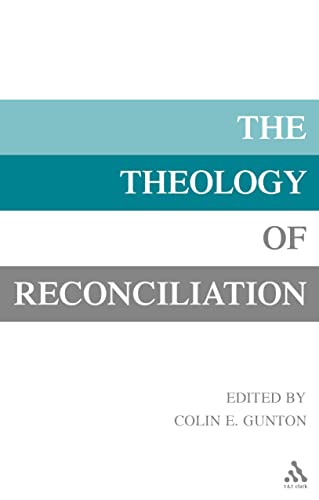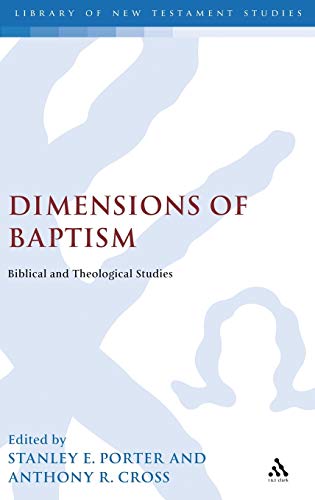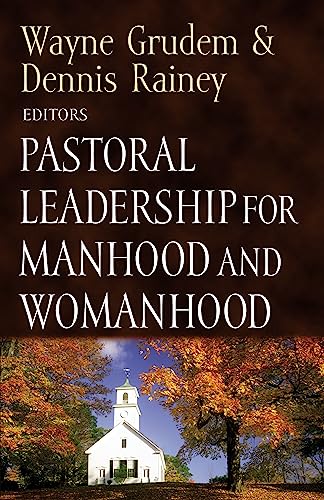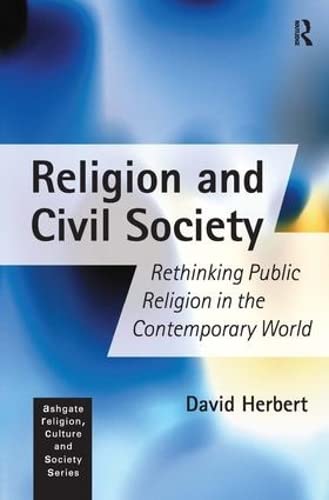THE THEOLOGY OF RECONCILIATION
Written by Colin Gunton (ed.) Reviewed By Jonathan NorgateThe intention of this volume is, as Colin Gunton states in his introduction, to ‘consider some of the aspects of reconciliation in full theological context’ (1). This consideration is done in the full awareness that ‘reconciliation’ is a term much used in the secular sphere to denote the ending of conflict, but is also a concept used liberally in much contemporary Christian ethics to describe the purpose and mission of the Church not so much as those entrusted with the ministry of reconciliation, but those through whom reconciliation will be furthered. The volume contains the following essays: Christoph Scwöbel, ‘Reconciliation: From Biblical Observations to Dogmatic Reconstruction’; Douglas Campbell, ‘Reconciliation in Paul: The Gospel of Negation and Transcendence in Galatians 3:28’; Douglas Farrow, ‘Ascension and Atonement’; Murray Rae, ‘A Remnant People: The Ecclesia as Sign of Reconciliation’; John Webster, ‘The Ethics of Reconciliation’; Sue Patterson, ‘Between Women and Men’; Brian Horne, ‘The Cross and the Comedy: Dante’s Understanding of the Atonement’; Robert Jenson, ‘Reconciliation in God’; and Colin Gunton, ‘Towards a Theology of Reconciliation’. As with many such volumes the essays are of varying interest and we will focus briefly on a couple of particular note.
The volume opens with Schwöbel’s attempt to provide a constructive account of the biblical understanding of reconciliation. He prefaces his account by suggesting that only when the Church is clear about what is properly Christian reconciliation can it contribute to political discussion. A valuable insight, reconciliation is not a general concept which the Church ‘buys into’, but rather a particular concept which has its fullest and definitive meaning only in the gospel of Jesus Christ. We do however question some parts of Schwöbel’s account. He suggests that the model of reconciliation he sees in Romans 5:1–11 is ‘wider than any notion of sacrificial death or penal substitution’ (19). This leads him to make an unforced and unnecessary move of reducing the link between reconciliation and substitution. Fashionable though it may be, surely the NT testimony is misserved when different models of salvation are privileged over others rather than responsibly harmonised?
In perhaps the most helpful essay of the volume, John Webster looks at what is involved in the Church’s ministry and reconciliation in its ethical aspects. He argues against the notion that the Church is in someway involved in the divine work of reconciliation (whether through administering the sacraments, social action, or simply being the community of God within the world). These moves, he argues, all tend to subtract from the foundational Christian tenet that the work of salvation is all from God (2 Cor. 5:18) (112). However, in response to those who might argue that his account leaves no space for any sort of ecclesial activity of reconciliation, he suggests that because the event of reconciliation is one of which one of the agents is the Spirit, his power ‘generates those human acts which seek to demonstrate conformity between achieved divine reconciliation and patterns of human life’ (120). As a result of his efforts to secure the uniqueness of the saving act of Christ Jesus, Webster is actually able to go on to delineate a significant role for the Church in sharing the benefits of peace with the world which have been secured by God himself.
After a typically idiosyncratic offering from Robert Jenson (an example of how not to do theology) the volume closes with a helpful essay by Colin Gunton which brings many of the volume’s positive strands together.
Jonathan Norgate
Aberdeen






